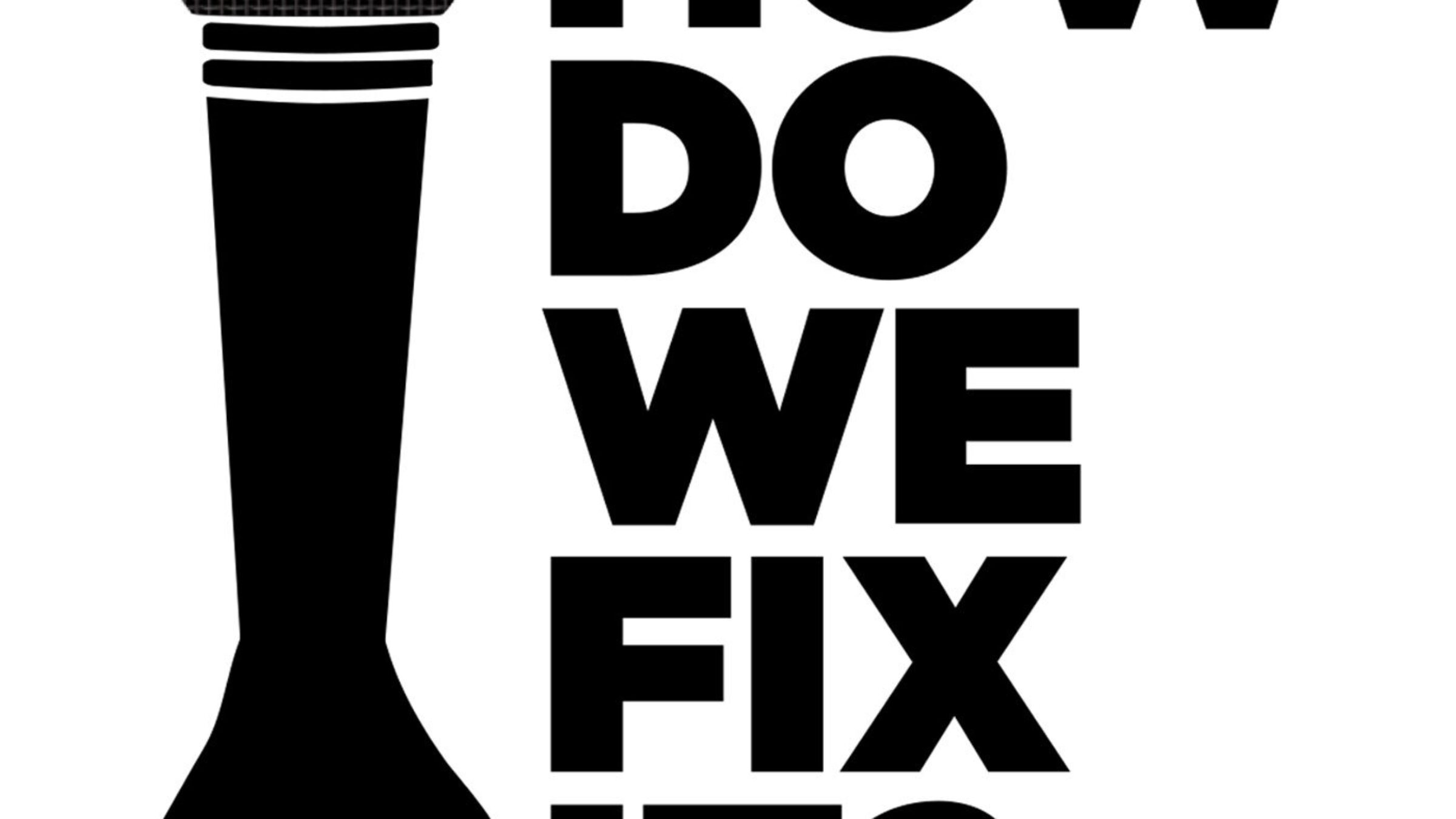#373 Democracy: The Voters Verdict. Layla Zaidane and David Meyers
November 21, 2022
Our guests are Layla Zaidane, President and CEO of Millennial Action Project— the nation’s largest nonpartisan organization of young lawmakers— and David Meyers, founding Executive Editor of the democracy newsletter, The Fulcrum.

We have a 2022 post-election show with a twist. Instead of focusing on which party is up or down, we open the hood and examine the engine of our democracy. Voters delivered a clear verdict: Most election deniers were defeated as many voters, especially independents, split their ballots, and shunned the extremes.
Our guests are Layla Zaidane, President and CEO of Millennial Action Project— the nation’s largest nonpartisan organization of young lawmakers— and David Meyers, founding Executive Editor of the democracy newsletter, The Fulcrum.
In the days before the election, the media was full of warnings, and perhaps some hyperbole, about the perilous state of American democracy. Both of our guests and podcast co-hosts agree that many of the results were reassuring for the guardrails of the electoral system.
“I think when the dust settles we’re going to feel pretty good about this election,” Layla told us. “Things went really well,” said David. “The continued use of voting-by-mail and early voting has gone a long way towards making sure more people had the opportunity to vote and not wait in very long lines.”
We also examine the arguments over Ranked-Choice Voting, open primaries, and the need for a quicker vote account in some states where results took well over a week to come through.
In their conversation after the interview, Jim and Richard debate voting-my-mail, early voting, reforming the primaries, and how to encourage states to make improvements in vote tabulation. Richard favors limited action by Congress, but Jim is vigorously opposed to any federal reforms or interference in how states conduct their elections.






Join 1,900+ BIPARTISAN LEADERS NATIONWIDE
Be a part of a network of lawmakers committed to governing effectively, passing more representative public policy, and increasing public trust in democracy.